The content of the article
Lingonberry is an evergreen representative from the heather family. The plant consists of a creeping, horizontal root, with branchy shoots reaching a height of 20 cm, dark green, shiny, curved leaves along the edges, up to 3 mm long and small red berries. Bushes reach a height of 15 cm. Grow throughout the territory of the Russian Federation. Mainly in raw coniferous and deciduous forests, tundra zones, and on peat bogs.
On an industrial scale, the plant is not bred, use only bushes grown in natural habitat.
Lingonberry is a very useful plant. The berries have a huge amount of vitamins and minerals, they are actively used in cooking, for the manufacture of sweets, marinades, fruit drinks. Lingonberry jam is a traditional delicacy of Switzerland.
The leaves and shoots of the plant are widely used in medicine during the treatment of various diseases. Harvest them in April, before the beginning of the flowering period of the plant, and in the fall, in October, after the end of fruiting. Fresh leaves are pulled from the shrub, dried at a temperature of from + 35⁰С to + 45⁰С degrees and stored in a dark and cool place. Shelf life of raw materials is 3 years.
In the chemist's offices, lingonberry leaf is sold as a medicinal collection in the form of crushed plants for the preparation of decoctions and infusions, or in filter bags used for brewing lingonberry tea.
Useful material
Lingonberry leaves contain a huge amount of a variety of medicinal substances and trace elements, such as:
- Arbutin is a strong anesthetic used to treat diseases of the bladder. In cosmetology, this chemical is used to lighten skin. Despite its medicinal properties, this chemical element is dangerous in large quantities and can cause severe poisoning.
- Flavonoids and tannins remove slags and toxins from the body, start the process of regenerating skin cells, have a disinfecting effect, and are able to quickly relieve inflammation and pain.
- Organic acids (gallic, ellagic, oxalic, tartaric, quinic) - have anti-inflammatory and diuretic properties. Gallic and ellagous are natural antioxidants, used to neutralize and then remove free radicals from the body.
- Phenol carbonic acids are characterized by antipyretic, antirheumatic, anti-neurological and anti-inflammatory effects.
- B vitamins are necessary for proper development of the body.
- Vitamin C, potassium, manganese, calcium and other micro-and macronutrients that make up the cells are necessary for human life.
Indications for use
Lingonberry leaves are used:
- When the disease of the genitourinary system, for the treatment of such ailments as cystitis, pyelonephritis, urolithiasis. The plant helps to eliminate pain, inflammation, has a diuretic effect. With edema and dropsy, the leaves remove excess water from the body and are used to treat bedwetting in children.
- In diseases of the joints, osteochondrosis, arthritis and gout, a bilberry leaf decoction relieves inflammation, stops the process of destruction of articular tissue, lowers the level of urea.
- In the treatment of fungal and viral infections - eliminates the exacerbation of chronic skin diseases such as herpes.
- With the defeat of the body by parasites, such as Giardia and worms.
- To relieve symptoms caused by overdose drugs, in particular, antibiotics with a wide spectrum of action. The decoction eliminates intoxication and allergic reactions.
- For colds, an infusion is used to rinse the throat, in order to eliminate redness, and plaque from the tonsils.
- In endocrinology, in the treatment of diabetes mellitus type 2 insulin-dependent and hypoglycemia - to regulate the amount of sugar in the blood.
- In the treatment of enterocolitis, diarrhea and gastritis - as a disinfecting, anti-inflammatory agent. Especially effective decoction for staph infection. The flavonoids contained in the plant inhibit the growth of microbes and help cleanse the body.
- In gynecology, lingonberry leaves are prescribed for uterine bleeding of various origins, since the medicinal plant has a hemostatic and wound-healing effect. Pregnant women are prescribed a fitotvar for edema, nephropathy and pyelonephritis.In addition, the vitamins contained in the cranberry leaves have a beneficial effect on the general condition of the fetus, and are sources of antioxidants that are necessary for women in the waiting period of the child.
- With hypertension - as an excellent tool to reduce pressure.
- With leukemia, a fodder from lingonberry leaves strengthens the walls of blood vessels, improves immunity and inhibits the growth of white blood cells.
- When cholecystitis eliminates bile stasis, is used after surgical treatment.
- In dentistry, lingonberry leaves are used in the treatment of stomatitis and various oral inflammations.
- In cancer, the plant stops the growth of abnormal cells.
- With bronchitis, tracheitis, lingonberry leaves help to dilute sputum in the lungs and its rapid elimination.
- In case of tuberculosis, it is used as part of general therapy to liquefy and release sputum, increase body resistance.
- To improve immunity during a flu epidemic, tea from the leaves of the plant is useful, in addition, the drink reduces fatigue, increases efficiency and replenishes the supply of vitamins and trace elements.
- For the treatment of acne and various skin diseases in medical cosmetology used phytonastes for washing and compresses.
- With diseases of the scalp and the loss of bands - an infusion of cranberry leaves reduces inflammation and stops the destruction of the hair follicle.
- In folk medicine of the inhabitants of the north, the juice from the leaves of lingonberry is used to treat radiculitis. Squeeze the plant rubbed into the affected areas of the body.
Medicinal recipes
In the medical whole lingonberry leaves prepare tea, decoction and infusion.
To prepare herbal tea, you need to pack 1 bag of herbal tea with 2 cups of boiling water, wrap it in a warm towel and leave for 10 minutes. Optionally, you can add honey, mint or lemon. Apply twice a day with a decrease in immunity, chronic fatigue syndrome and colds.
Depending on the disease, broths of various concentrations are made:
- For gynecological diseases: 60 gr. chopped plants brew a glass of liquid, immersed in a saucepan with water, let boil and cook for 30 minutes.Cover the mixture with a lid, wrap in a towel and leave for 2 hours. Then filter the fito, and drink 100 ml twice a day before meals.
- In pregnancy: 1 teaspoon of the plant is diluted with 1 cup of hot water, placed in a water bath and brought to a boil. The mixture is cooled, filtered and incubated for 30 minutes. It is recommended to take 50 ml three to four times during the day under the supervision of the attending physician, since, in addition to the benefits, during overdose, the fitotvar contributes to an increase in uterine tone.
- With joint disease, gout, gastritis, cholecystitis: 60 gr. ground leaves are required to steam 200 ml of liquid, and stir in a water bath for 25-30 minutes, stirring so that the mixture does not boil. The resulting broth is cooled, filtered and diluted with water to the mark of 200 ml. Drink three times a day for one third of a glass. This decoction also helps with tuberculosis, intestinal infections, leukemia and cancer.
- For stomatitis, various purulent inflammations of the oral cavity - 50 gr. collection diluted in 100 ml of water, put in a saucepan with water, boil for 25 minutes, cool, pass through a sieve and use when rinsing the mouth.
For the treatment of hair, scalp and acne suitable infusion. It is made from 50 gr.raw materials, steamed in an enamel saucepan 1 l. boiling water, and insist to cool. Infusion is suitable for washing, compresses and rinsing hair.
With prolonged phytotreatment, an overdose of the body is possible, therefore, it is recommended to use drug collection in courses of 10 to 15 days with a break of 3 to 4 months.
Contraindications
Cowberry leaf decoctions have the ability to flush calcium out of the body, so it is recommended to monitor the condition of the teeth when taking the drug.
In addition, it is forbidden to use lingonberry leaves when:
- breastfeeding;
- children under the age of 18 years;
- acute renal failure;
- for heart diseases associated with impaired heart rhythm;
- individual intolerance of the medicinal plant;
- gastric ulcer and duodenal ulcer, various bleeding from the gastrointestinal tract;
- gastritis with high acidity;
- with a decrease in blood pressure;
- varicose veins, blood clots in the vessels;
- tendency to internal bleeding, various typologies.
Drinks from the leaves of lingonberries should be taken strictly for the purpose and under the supervision of a doctor. Arbutin contained in the plant, in case of overdose, can cause severe intoxication.
Video: medicinal properties of cranberry leaves




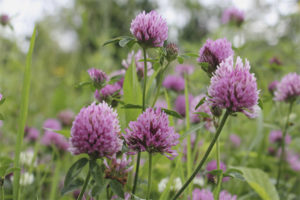
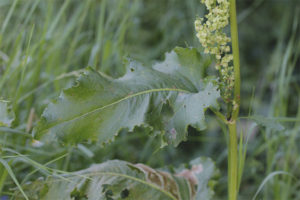
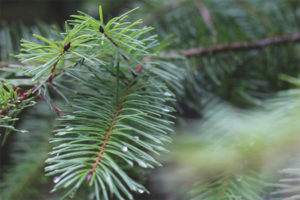
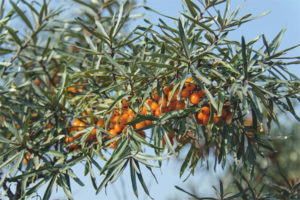
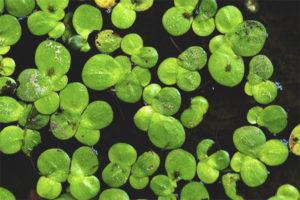
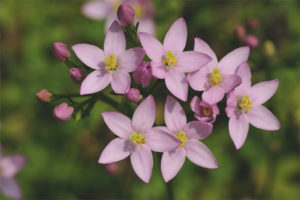
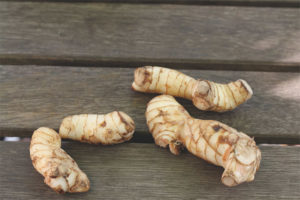
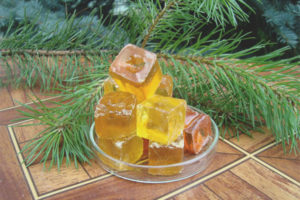
To send